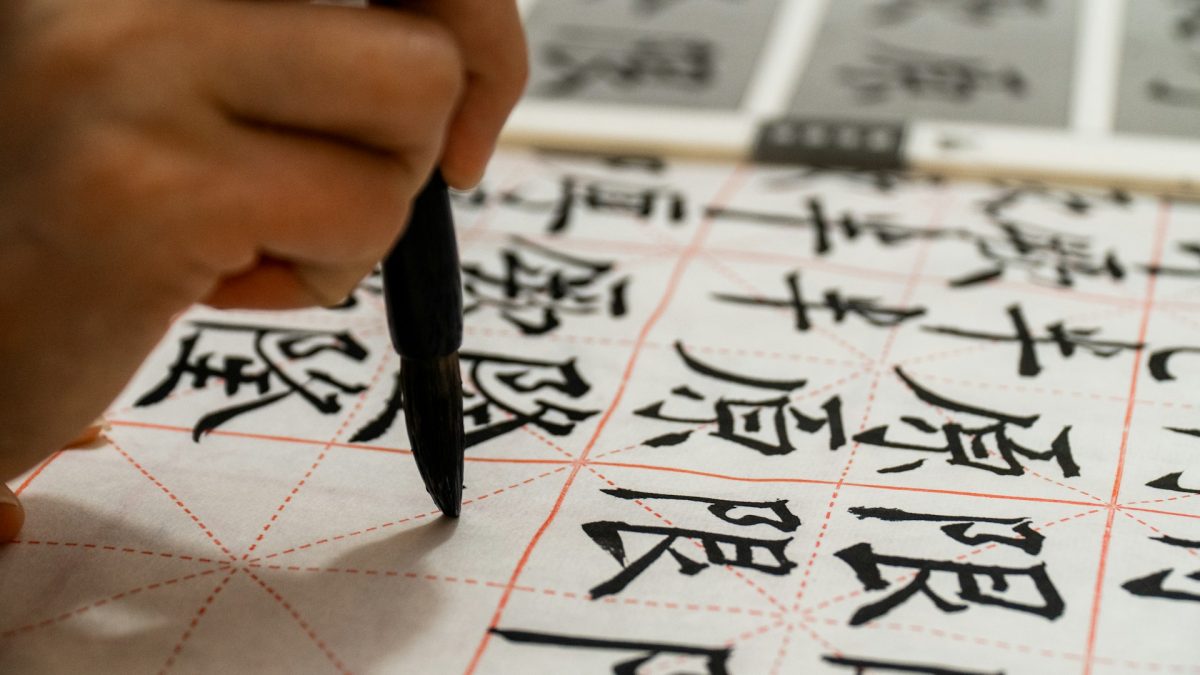
(*Linked or embedded content may have been removed or be unavailable.)
Virtual reality exhibitions, live performances, culture, calligraphy: A visit to the United Nations Headquarters in New York City, New York, this mid-April was less international diplomacy and more cultural festival.
That’s for good reason. April 20, which fell on a Sunday this year, is Chinese Language Day as observed by the United Nations. And that means days of exploring China’s linguistic and cultural beauty, as well as its contributions to world history.
According to the Global Times, this year’s theme was “Poetic China: Rhymes and Romance,” a focus that brought out the language’s distinct rhythms and ancient poetic sophistication. To that end, the New York event kicked off on April 15 and observed the occasion with poetry recitals from classical Chinese literature like The Book of Songs and Book of Changes. VR demonstrations and other exhibition attractions further showcased the evolution of Chinese characters over thousands of years.

“Besides increasing interest in and knowledge of the Chinese language, the celebration aims to build more bridges for people-to-people exchanges, practical cooperation, cultural exchanges, and youth friendship between China and the rest of the world,” the Global Times reported.
But Chinese Language Day celebrations weren’t limited to the United Nations Headquarters. Indeed, events took place around the world. Take San Francisco, California, the city with the highest per-capita Chinese population in the United States. Chinese-American residents celebrated their heritage with everything from martial arts exhibitions to essay competitions, according to China News Service. In the case of the essay contest, it drew more than 200 entries from California, Idaho, Oregon, Washington, and Nevada.
“By celebrating the Chinese Language Day, we are actually celebrating cultural diversity, and by learning Chinese, you will find that it makes you more confident, makes you more well prepared, and gives you the key to open the door of many opportunities,” Chinese Consul General in San Francisco Zhang Jianmin told students, according to China News Service. “It will enable you to understand better China’s ancient history, and it will enable you to know much better the latest progress that is unfolding in China every day.”
China itself observed the event just as enthusiastically. People’s Daily Online, for instance, reports that 700 individuals, including diplomats from over 20 countries, observed Chinese Language Day on April 18 at the Beijing Foreign Studies University.
April 20, the date of observance by the United Nations, is itself a significant date, drawn from Guyu (translated in English to “Rain of Millet”), the 6th of the 24 solar terms in the traditional Chinese calendar and an honorific nod toward the legendary Chinese figure Cangjie.
“Cangjie is a very important figure in ancient China, claimed to be an official historian of the Yellow Emperor and the inventor of Chinese characters,” the UN states on its website. “Legend has it that he had four eyes and four pupils, and that when he invented the [characters of the Chinese language], the deities and ghosts cried and the sky rained millet. From then on, Chinese people celebrate the day Guyu in honor of Cangjie.”
These are just a smattering of the approximately 5,000 events held online and offline around the world, and each serves an important purpose. According to the UN, the language events organized for its six official languages — Arabic, Chinese, English, French, Russian, and Spanish — serve as a reminder of the linguistic and cultural diversity central to its mission.
By sharing our languages and cultures with others, we create a larger community and foster new understanding. In celebration of Chinese Language Day, let’s conclude with some Chinese proverbs you can share with others.
近水知鱼性, 近山识鸟音。
“To know a fish, go to the water; to know a bird’s song, go to the mountains.”
In other words, to truly know someone, visit them where they live.
凡人不可貌相, 海水不可斗量。
“A person cannot be judged by their looks, just as the sea cannot be measured with a cup.”
A reminder that superficial observations do not reveal the depths of one’s character. You can use this as an elegant alternative to “Don’t judge a book by its cover.”






